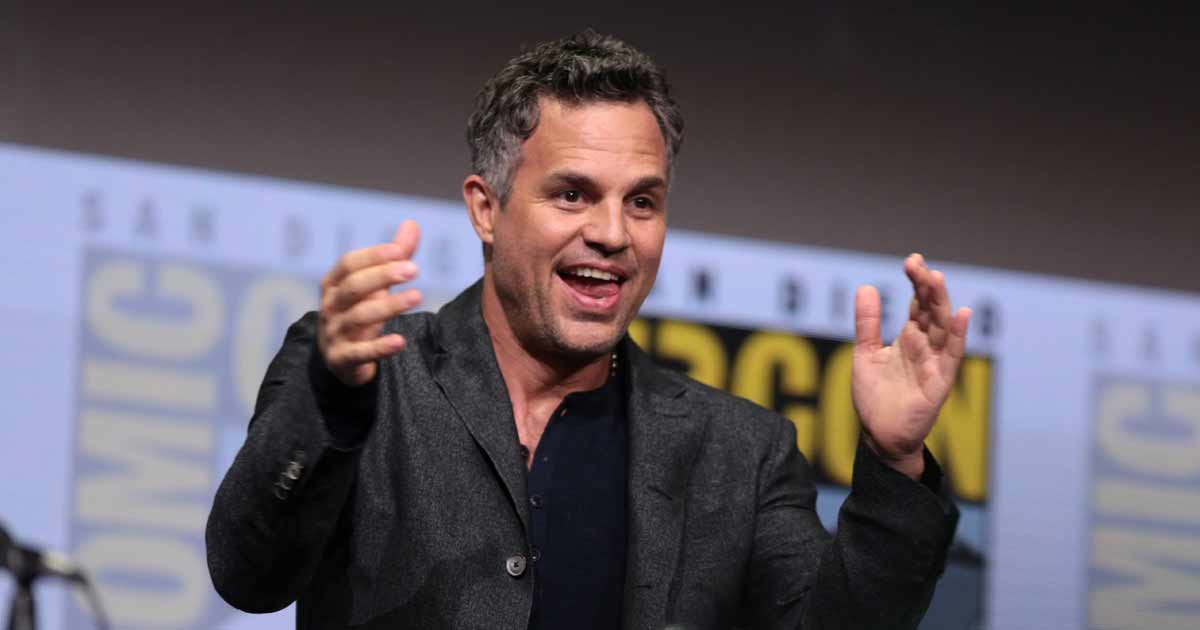The Boston City Council wants to raise the maximum age requirement for entry into the police academy to 45 to “allow more residents with different life experiences and backgrounds to become officers and better serve the city.”
Candidates must be younger than the age 40 to become a cop in the city — a requirement that city councilors believe is contributing to a staffing shortage in the force.
But it doesn’t have to be that way, according to councilors who are pushing for the maximum age requirement for entry to the city’s Police Academy to be raised to 45 years old.
The last change to the age requirement came in 2007 when the state Legislature approved a home rule petition increasing the cap from 32 years of age to 40, and City Councilor Enrique Pepen says its time for the maximum to be expanded further.
Pepen has brought three age waivers forward since he joined the council in January, but they are solely for individuals rather than a group of eager candidates.
The waivers, if city approved, are then sent as home rule petitions to Beacon Hill. It’s a process that Pepen and other councilors say is “causing a delay in qualified candidates to start training to join the force.”
The council has approved Pepen’s order for a hearing to discuss raising the age limit to apply to the Police Academy with city officials, and “experts on school transportation programs will be invited,” with other community members encouraged to testify.
Pepen called his proposal “an essential step toward building a more equitable, resilient and community-oriented police force in Boston.”
“A police force that reflects the demographics of the city it serves not only enhances trust and cooperation within communities but also improves the effectiveness of policing,” he said.
With Boston following Civil Service Law, candidates must pass written and physical exams before being admitted to the police academy and be 39 years old or younger as of the original exam date. They also have to be residents of the city.
Boston is just one of three departments in the state to follow the 39-year-old or younger cutoff, with Plymouth and Taunton being the other two. Nearly 80 departments, including Cambridge, Attleboro, Brockton, Brookline, Everett, Medford and Somerville, have no upper age limit.
“There’s this whole pool of individuals who are willing and able to become police officers so we might as well simply give them a chance to even apply,” Boston City Councilor Gabriela Coletta said. “We are not lowering the standards, and all we’re hoping for is to give them a pathway to take the test.”
Roughly 40 departments, including Arlington, Watertown and Belmont, have stricter measures than Boston: Candidates must be 31 years old or younger, either as of the last date to apply for the exam or on its original date.
Pepen’s latest age waiver request also came this week for Max Handerson, a 44-year-old who has lived in Hyde Park for eight years and is a manager at Road To Responsibility, a day home in Braintree for individuals with disabilities.
Handerson moved to the United States in 2010 from Haiti and went through a “a tough immigration process” before gaining citizenship in 2019, Pepen said.
“But due to some difficulties in his personal life, he was not confident that he was able to make it through the training process at the time,” Pepen said of Handerson. “Now, he is in a better state, physically, mentally and in excellent health to be a police officer to protect and serve his community.”
“He was devastated when he heard he had to be younger than 40 years old in order to become a Boston police officer.”







